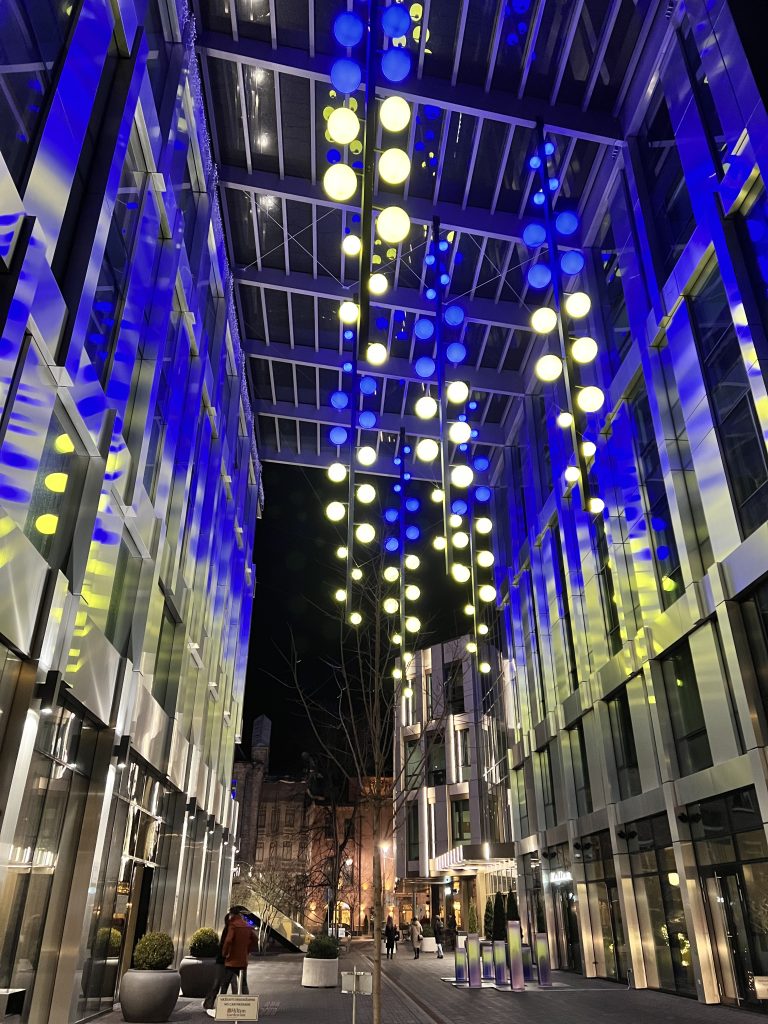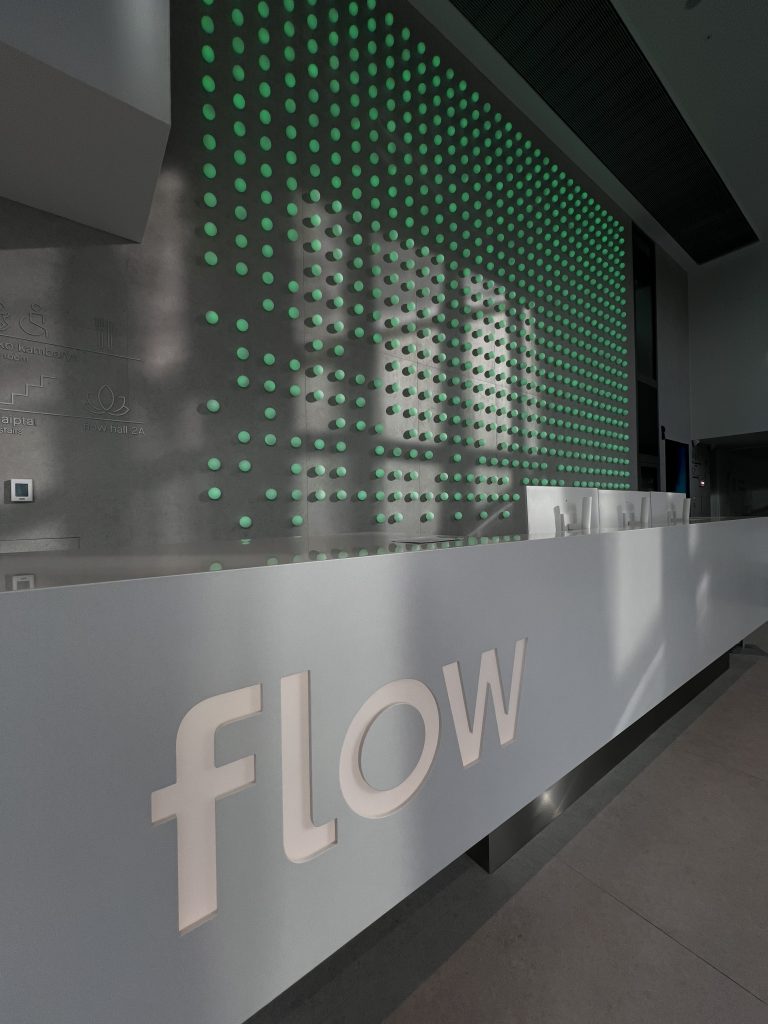EIKA Group Sustainability Strategy

Our sustainability strategy is shaped by an evolving regulatory landscape and inspired by the EIKA Group’s growing sustainability ambitions. We acknowledge our responsibility for our impact on the environment, climate, and communities, and we prioritise increasing awareness to evaluate the associated risks and opportunities for our business. Consequently, the sustainability strategy has become a crucial component of the Group’s overall business strategy.
The sustainability strategy applies to all companies within the Group, which are interconnected through an extensive shareholder structure. This includes EIKA Group, EIKA Development, EIKA Asset Management, EIKA Construction, Hilton Garden Inn, Solo Society City House Vilnius, and various project-based or functional companies.
All EIKA Group companies share a focus on buildings and their environments, infrastructure, people, and technologies. Their activities encompass the entire lifecycle of a project, including investment, design, construction, management, sales, leasing, and services provided within the building or using the infrastructure. Every aspect revolves around the property, emphasising its vitality and quality.
Every stage or process of creation is connected to the environment, the community in which we operate, and the clients and investors we serve. We provide services, sell products, and invest funds responsibly. Even activities such as solar parks and IT technologies focus on efficient, environmentally friendly building management and enhancing human comfort.
It is our responsibility to ensure that these stages do not harm the environment, that investments are selected wisely, that clients’ rights are protected, and that they receive high-quality products or services. We are committed to creating a safe and valued experience for employees and ensuring that buildings are energy-efficient and have the least possible environmental impact.
EIKA Group has identified 13 key areas where its operations significantly affect the environment and communities. These areas also present the most substantial business risks and opportunities that can help the company remain competitive and improve its reputation.

Our ambition is to develop industry- and region-leading companies committed to mitigating and adapting to climate change by responsibly managing energy resources, reducing carbon dioxide (CO2) and CO2-equivalent emissions, protecting biodiversity, and using sustainable materials and products.
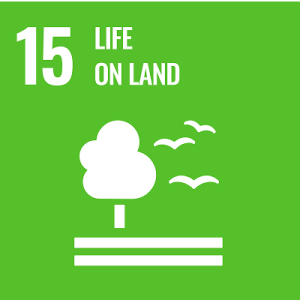
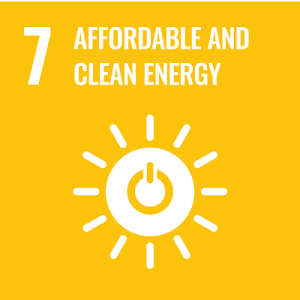
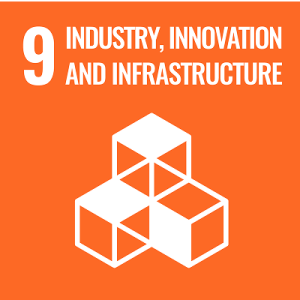
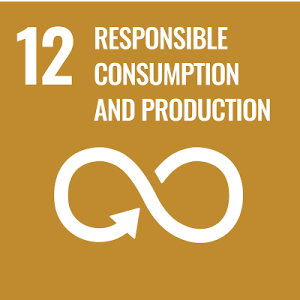
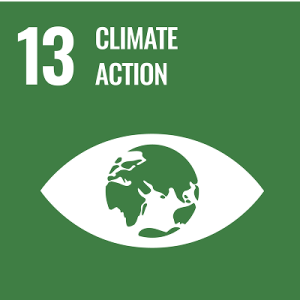
- Reducing the CO2 footprint to neutrality
- 100% transition to renewable energy
- Investing in climate-resilient properties
- Growing investments in biodiversity preservation
- Increasing circular material use rate, including raw, biological and secondary materials
- Reducing unsorted waste in operations
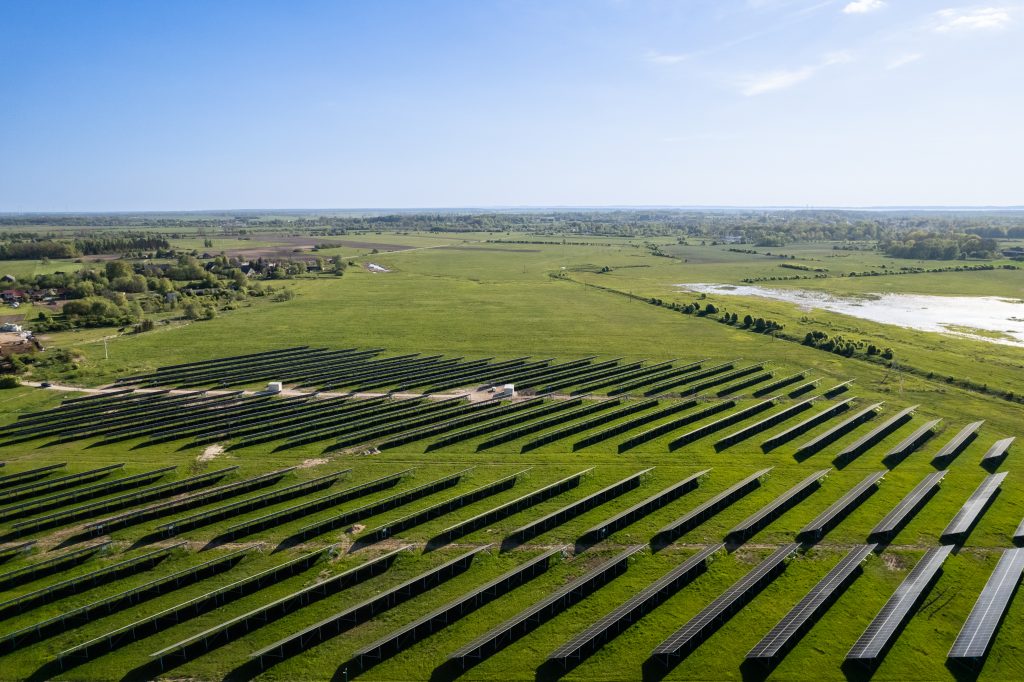
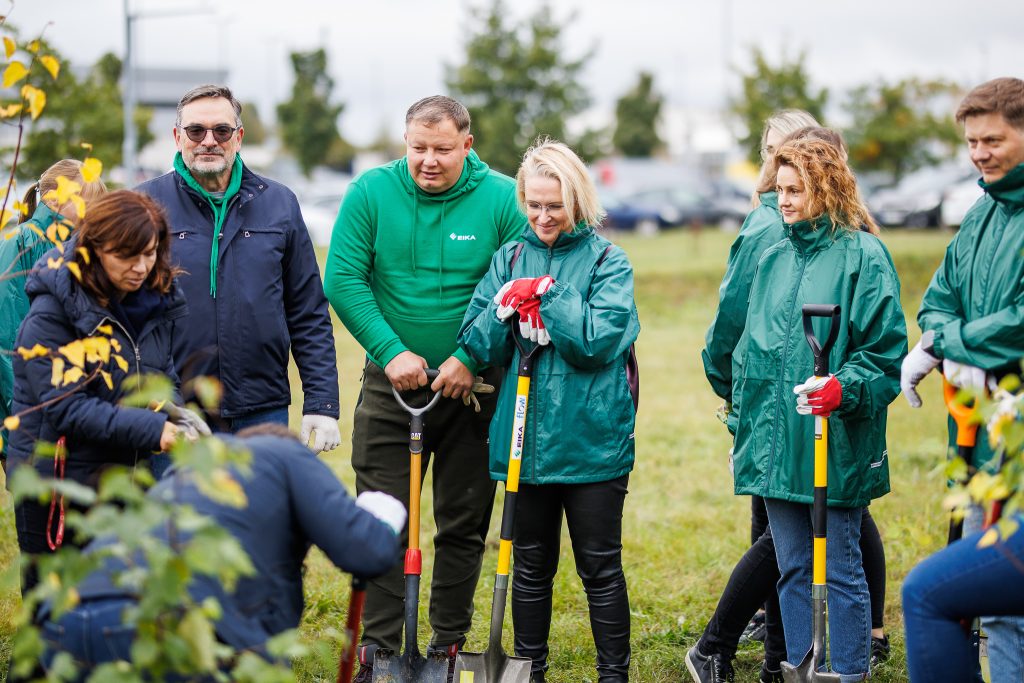

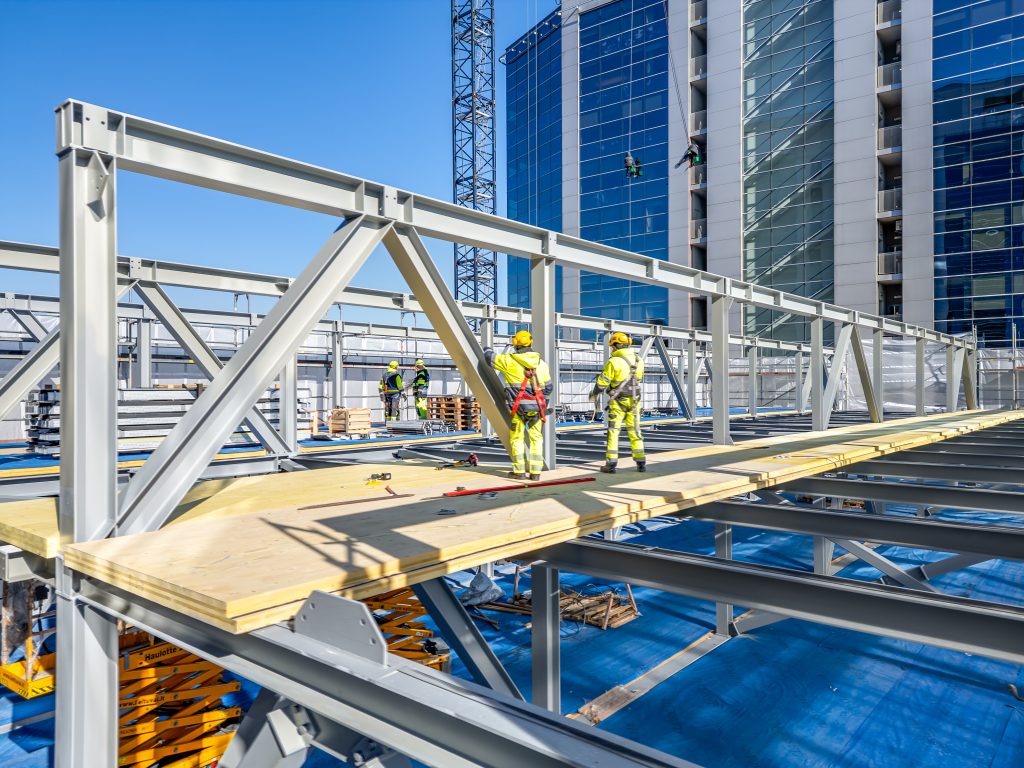
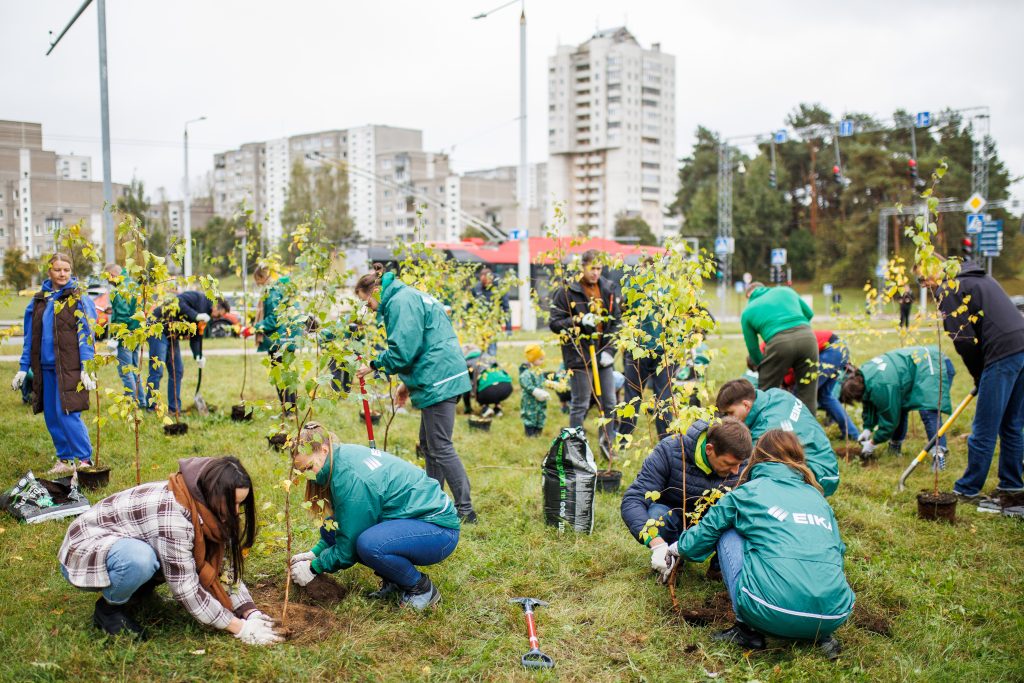
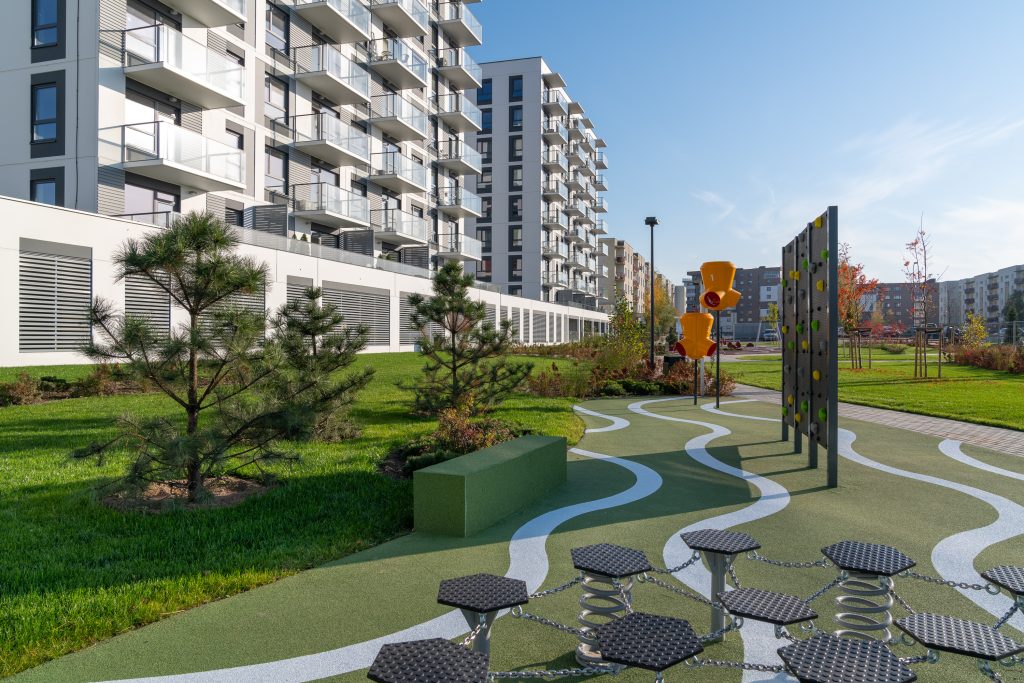

Our ambition is to foster an environment where the health and safety of our employees and those within our value chain are top priorities. We are committed to continuously developing our employees’ skills, safeguarding customer privacy and cybersecurity, and building strong connections with local communities to promote their well-being and inclusion.
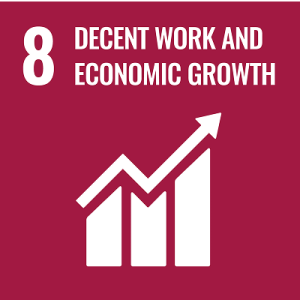
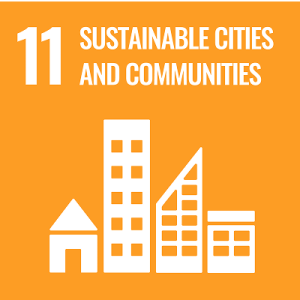
- Zero tolerance for incidents in the group’s activities
- Increasing hours of training per employee
- 100% rate of performance reviews
- Competitive employee turnover rate
- Zero tolerance for incidents at our properties
- Increasing safety training hours for contractors and suppliers
- Investing and ensuring frequent communication with community members
- Prioritising the quantity and funding of support projects
- A growing number of properties with access for the community
- Zero tolerance for security-related incidents
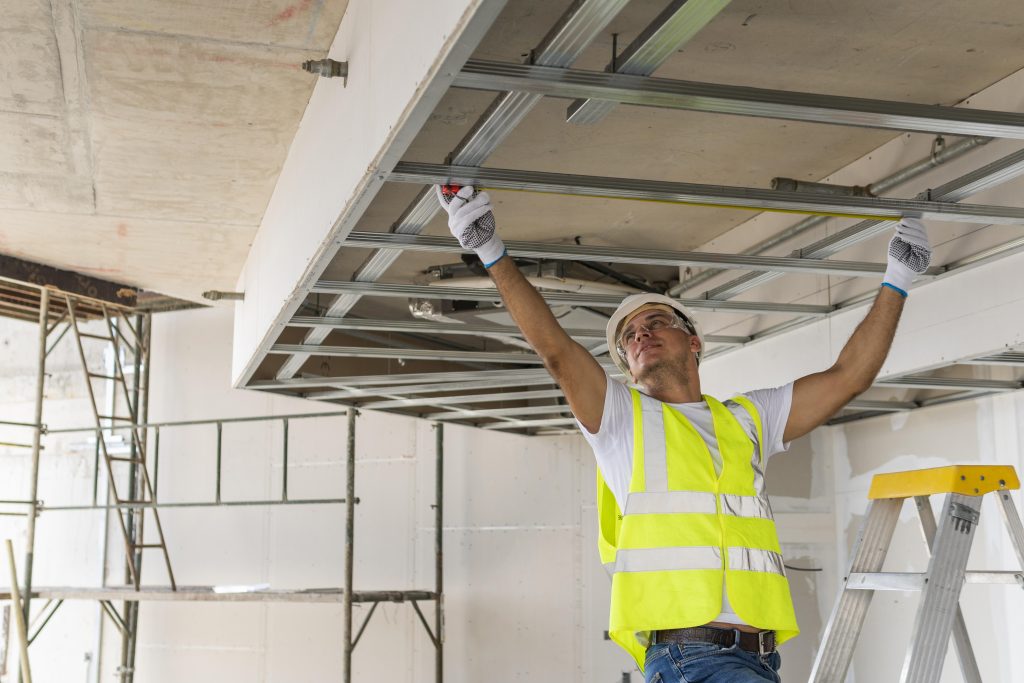

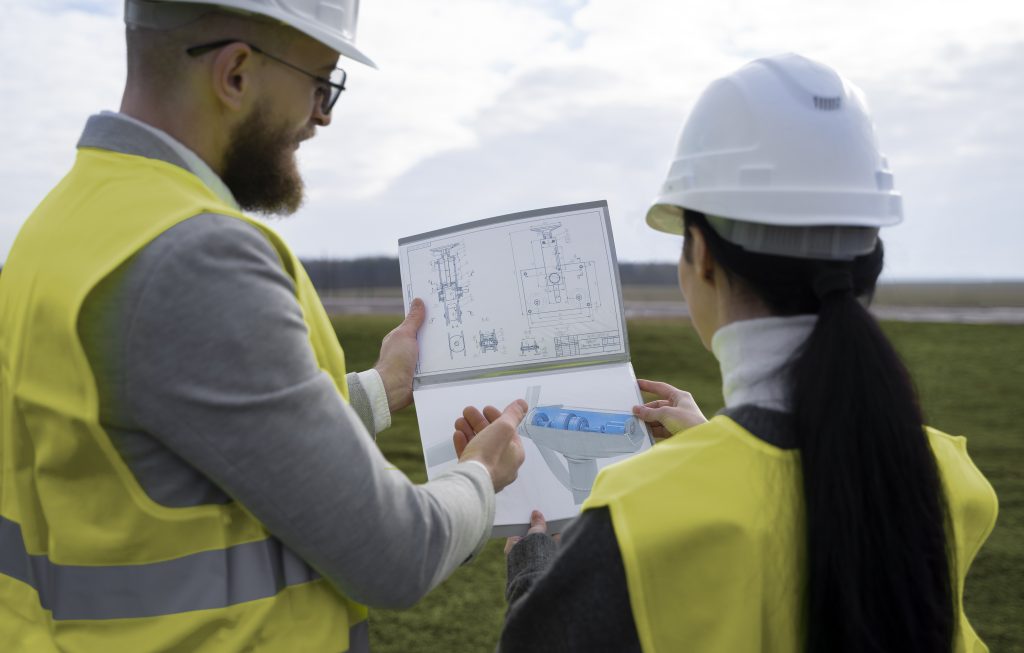
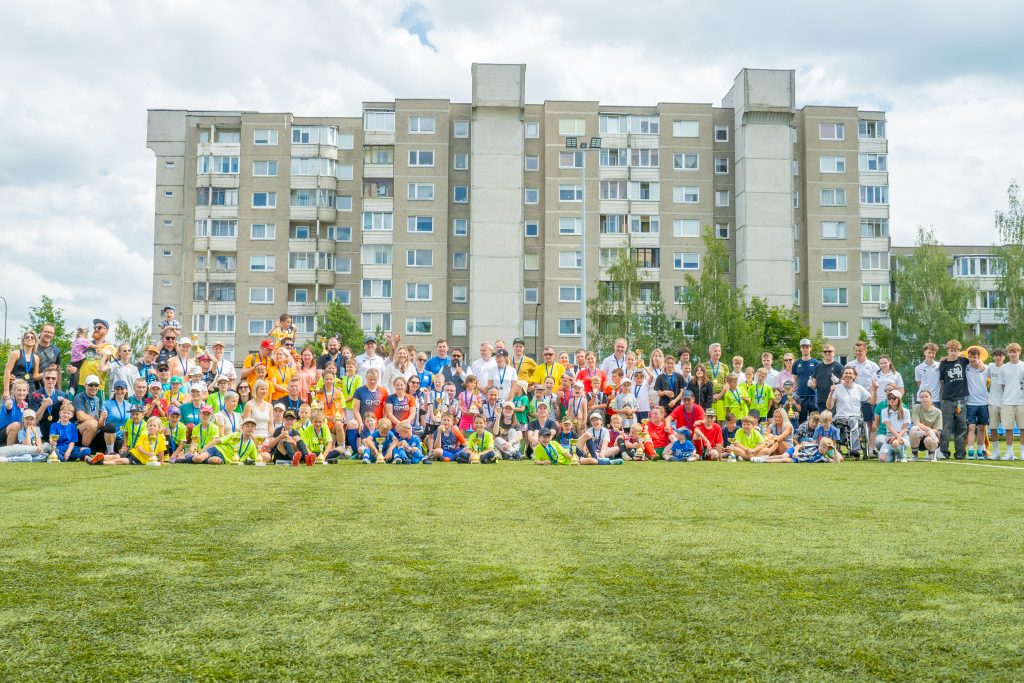

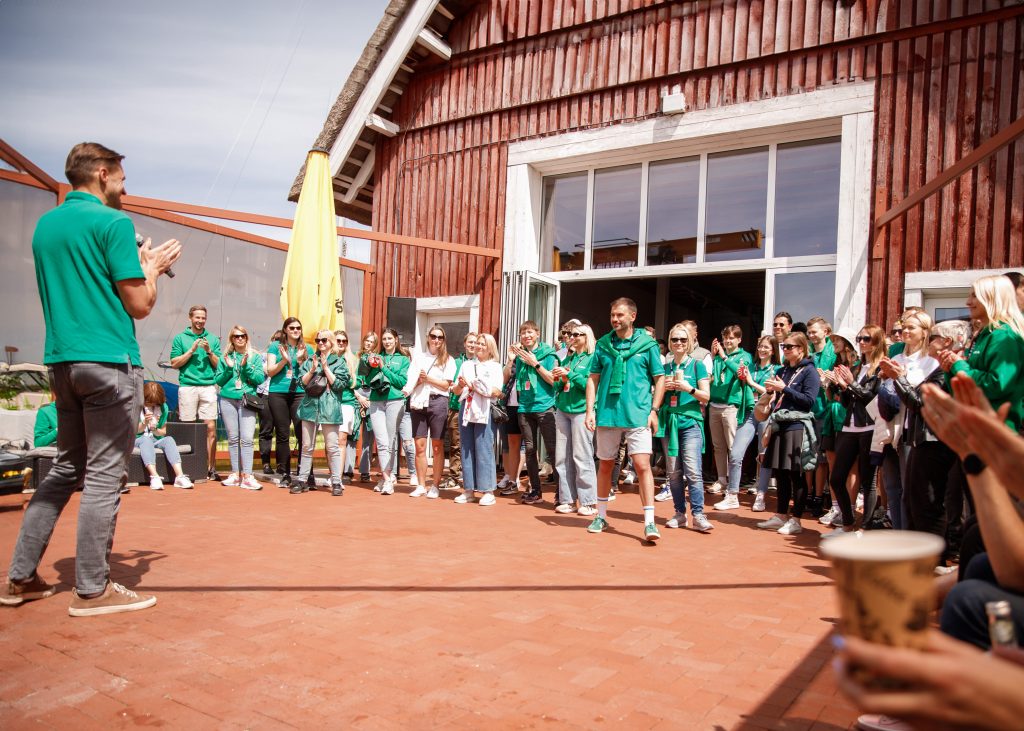
We are dedicated to upholding the highest standards of business ethics, managing supply chains responsibly, and transparently assessing and reducing emissions from financed projects to establish responsible business practices and ensure long-term sustainability.
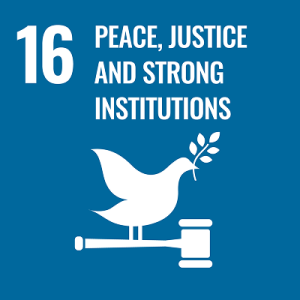
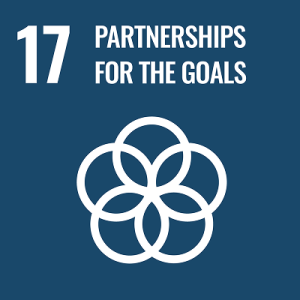
- Zero tolerance for corruption-related violations
- Anti-corruption and anti-bribery training for employees
- Encouraging suppliers to operate according to ESG principles
- Increasing compliance with the Financed Emissions Standard




